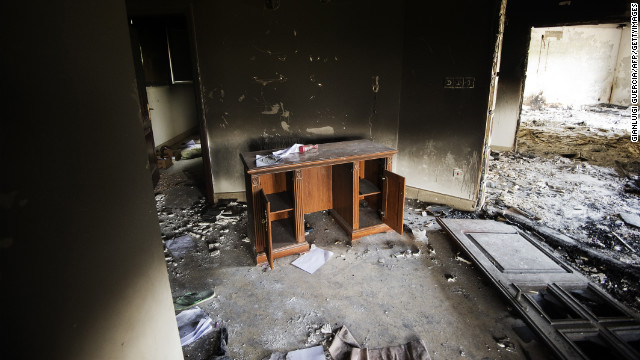You are here
U.S. State Department OSAC Libya Report (2012.09.12)
Primary tabs
| Size | Seeds | Peers | Completed |
|---|---|---|---|
| 90.07 KiB | 0 | 0 | 0 |
U.S. Department of State Overseas Security Advisory Council
PDF 3pg 90kb
In general, as the Libyan government and security forces have attempted to reconstitute themselves, a number of militias continue to impact the security environment, particularity in Benghazi. Some of the Libyan militias are anti-Western in nature and share similar ideologies with al-Qa’ida. As such, the September 11 attack in Benghazi is not necessarily indicative of a larger trend of violent protests across the Middle East.

There has been no substantiated claim of responsibility for the attacks, though media reports suggest members of Ansar al-Sharia participated in the attack. Ansar al-Sharia, or “Partisans of Islamic Law” in Arabic, is a hard-line Islamist group based in eastern Libya with ties to al-Qa’ida. Ansar al-Sharia opposed the recent Libyan elections, condemning them as illegitimate and un-Islamic. Ansar al-Sharia believes Libya should be governed by the Koran rather than a written constitution. It should be noted that Ansar al-Sharia is often used as a “catch-all” term to describe religious extremists in Libya.
Previous Attacks in Benghazi:
* June 6: Militants threw an improvised explosive device (IED) at the perimeter of the U.S. consulate resulting in damage but no injuries.
* June 11: The motorcade of the British Ambassador to Libya attacked with an RPG, leaving two bodyguards wounded.
* June 18: Armed gunmen attacked the Tunisian consulate and burned the Tunisian flag in protest of an art exhibition in Tunisia.
* August 5: The International Committee of the Red Cross compound was attacked by individuals using RPGs, with no injuries reported.
-Soap
If you like it, say so!
- Log in to post comments
